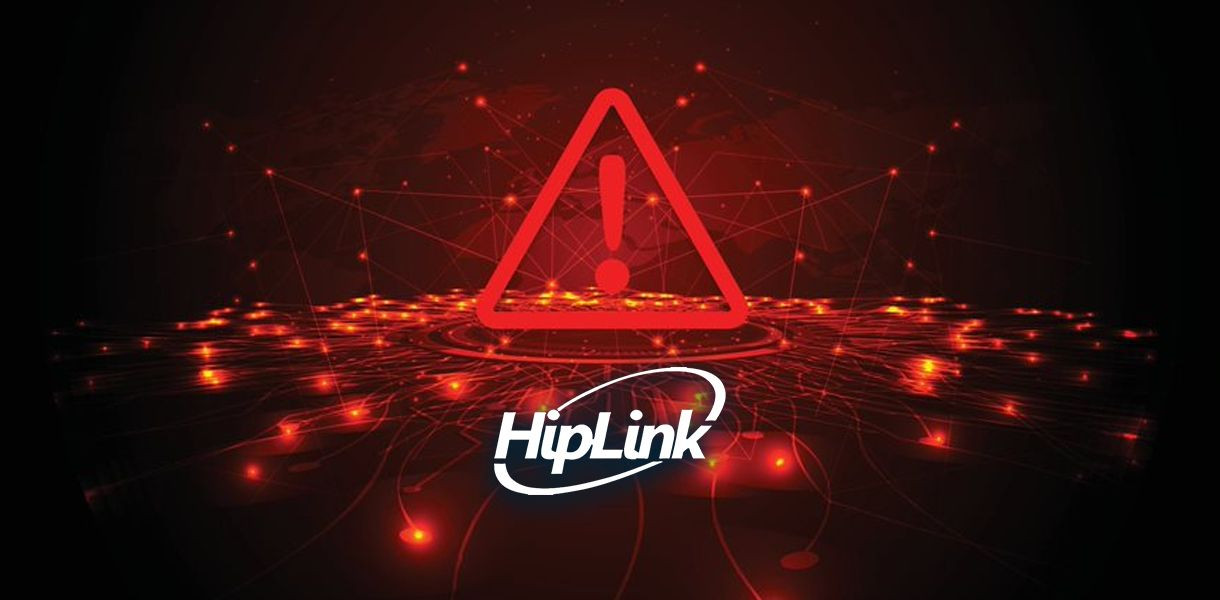When you think of a cyberattack, you might think of a basement-dwelling teenager spending hours trying to break into business networks.
The image in your mind could be of a well-organized hacker ring stealing public information through a retailer network. Or even a nefarious organization that found a way to hack government systems through backend code embedded into a popular video game.
Okay, that last one was the plot of the 1995 film The Net, but the idea still stands.
While the movie was created for entertainment, it did showcase the importance of businesses having adequate cyber security. Today, companies must have proper cyber security tools to ensure the safety and security of data, employees, and infrastructure.
But what exactly is cyber security?
Cyber Security Explained
Since the dawning of time, there have been individuals set on wreaking havoc and causing destruction at the expense of others. As technologies evolve, bad actors' methods to exploit and steal have also evolved.
Cyber security, or network security, is the operation of protecting a network from unauthorized personnel. It is designed to limit the risk of a cyber attack by searching for and fixing network vulnerabilities.
Although the term "cyber security" was first coined in 1989, the practice of securing an organization's network started much earlier.
Early Days of Cyber Security and Data Management
Since digital computers used to be the size of entire rooms, and not many people knew how to operate them, simply locking the room was the only security organizations needed.
One of the first cases of a business recognizing the need for network security was IBM in the 1960s when they invited a group of high school students to try their new computers. After playing around with the front end of the computer system, the students decided to see where else they could go.
The high schoolers dug deeper into the network and gained access to proprietary systems. While their intent wasn't hostile, a method known as "ethical hacking," IBM recognized the need to secure their network from outside influence.
A style of ethical hacking, or when people infiltrate an organization's network to point out weaknesses, is still in practice today. Companies often pay bounty hunters thousands to find and report unknown network weaknesses.
When Innovation Becomes Malicious
In the 1970s, a researcher designed the first virus, named Creeper, but his intent was not malicious. Creeper moved around the network, bouncing between PC and leaving a trail in its wake.
Another programmer designed the first antivirus software, Reaper, to combat the worm. Reaper scanned the networks and deleted Creeper once detected.
Creeper and Reaper are the first ever instances of a created trojan worm and the antivirus software that could delete it. At the time, these programs were revolutionary and completely benign.
Unfortunately, the inquisitive nature of programming a virus or hacking a network didn't stay educational.
When organizations began to use telephone technology to create remote networks, criminals saw this as a way to gain access to secure systems. Engineers quickly learned that an increased command.com file size was the first sign of a cyberattack. Close monitoring of this file was one of the very first cyber security methods in the business world.
By the 80s, and with the installment of the World Wide Web, hackers realized they could exploit company weaknesses through email, web browsers, and by planting viruses into third-party applications downloaded from the net.
As the 90s progressed to the 2000s, it became clear that full-time positions devoted to securing a network became necessary for all businesses.
How Cyber Security has Changed
While monitoring the command.com file size is still used to detect a pending attack, security has become much more advanced over the years.
Antivirus software is not what it once was: a program that scanned and destroyed known viruses. The early programs would also leave behind "immunizers," designed to make a virus think the computer was already infected.
Immunizers became ineffective when the number of viruses traveling the web increased to the hundreds. It also became clear that proactive solutions, rather than reactive security methods, were required.
Today's Cyber Security
Today, cyber security includes an array of software, hardware, and techniques to keep bad actors from gaining access to the network:
-
Next-gen firewalls
-
Antivirus/malware/ransomware software
-
Social engineering training for employees
-
Multi-factor authentication
-
Real-time monitoring and threat protection
-
Sandboxing
-
Business continuity planning
-
Web/spam filtering
Additional Security Methods to Practice
Cyber security these days truly starts with understanding where a potential attack could come from and what to do if a possible attack is spotted. Social engineering training is one of the quickest and most cost-effective ways to protect a network.
Phishing used to involve phone calls to random people to gain bank account information. Now, phishing consists of getting an employee to click a link that will give a hacker access to a company network. Remaining vigilant at all times is the best way to protect your company.
Continuous training for all employees, including those in the C-suite, is truly the best method to keep data secure.
Another critical security aspect, that is often overlooked, is routine backups and disaster recovery. If a hacker does bring down your system, do you know how quickly you can restore your data?
To ensure your company is fully secure and your data protected, check out these 10 Secrets to Improving Cyber Security.



